On 11 July, the Leverhulme Centre for Nature Recovery hosted a debate between George Monbiot, a prominent critic and author, and Allan Savory, a founder and leading voice for Holistic Management. The event was titled "Is livestock grazing essential to mitigating climate change?" and was chaired by Professor EJ. Milner-Gulland, Tasso Leventis Professor of Biodiversity at the University of Oxford. TABLE's director Dr Tara Garnett was asked to write about her takeaways from the event.
This blog was originally published on the Leverhulme Centre for Nature Recovery's website.
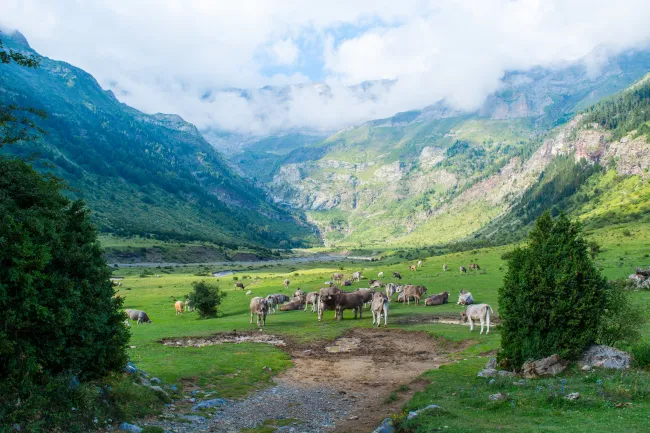
Like so many other people – the audience at the Museum of Natural History, the 2000+ watching the event live online and the many thousands of people who have watched the recording since then – I had been anticipating the debate between George Monbiot and Allan Savory with huge interest.
I was impressed that they were willing to engage with one another in person, given their very public disagreements online. So what would they each have to say? What would be their take on the role of livestock in different ecological and social contexts? How would they each think about different kinds of evidence, both academic and experiential, and of the difficulties of integrating bottom-up and top-down knowledge and perspectives? Most importantly in a world with a global population of 8 billion going on 10, how would they view the place of the grazing animal in the context of other food system goals?
Well, I’m none the wiser. What I saw before me were two utterly different species – a cat and an octopus, say – who had been thrown together not only with no shared language, but who appeared to inhabit different mediums. There seemed to be no point of contact whatsoever.
The title of the talk, as suggested by Allan Savory, was: Is livestock grazing essential to mitigating climate change? Somewhat frustratingly, he chose not to address this issue at all. What he did instead in his opening spiel, was recount his well-known origin story – his early elephant-shooting life, the ecological devastation he witnessed and unwittingly contributed to, the Damascene moment in which he recognised the vital restorative role that grazing animals play, and his subsequent life’s work dedicated to developing his holistic management principles and regreening the waste lands. Not only did he not address the climate issue – he went out of his way to say that he wouldn’t. His point was, I think, that there was no point fixating on climate change because it was merely the symptom; we need instead to focus on the problem’s underlying cause, this being the flawed (because simplistic and reductionist) way that decisions are made and the flawed management structures that shape them. Unfortunately he was so very unclear that I’m reading heavily between the lines here. His talk of humans having only Two Tools and that we only manage Three Things and that we’d been doomed to repeat our mistakes until he and his Holistic Management Framework came along had an eerily messianic ring to it, which was reinforced by his concluding remarks that ‘…this is the greatest war ever fought, and it’s the last war’ and even more so by his cryptic final utterance ‘I don’t know you… I know one thing about you … I know how you made every conscious decision in your life. How could I know that? Because every human does it in the same way and it is the cause of the problem.’
George, on the other hand came prepared to answer the question that had been agreed beforehand by both speakers, having done his homework. For a grazing livestock system to demonstrate that it can mitigate climate change, three conditions need to apply, he said: first that the system is not only sequestering carbon but also storing it; second that the additional carbon stores outweighs the greenhouse gases emitted, and third that a counterfactual use for that land would not yield better climatic results. He argued that there is no evidence that grazing animals can fulfil these conditions.
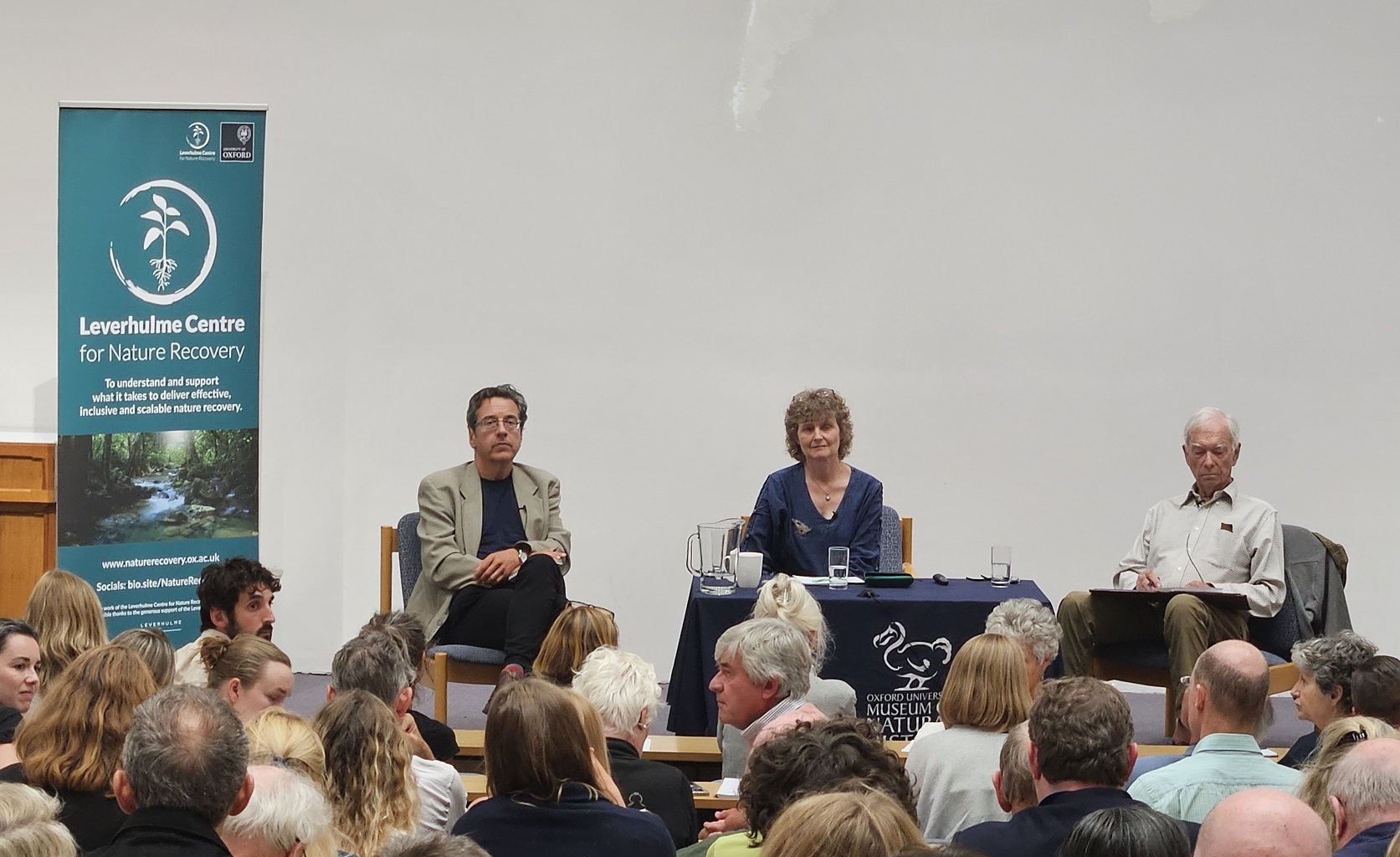
George Monbiot, EJ. Milner-Gulland, and Allan Savory sit on the stage at the event on 11 July 2023.
This argument was certainly clear, whether you agreed with it or not (and there were plenty in the audience who didn’t), but he had his weaknesses too. His all-or-nothing stance was unhelpfully bald; I’d have liked him to contextualise his comments with some discussion of the other issues inherent in debates about grazing ruminants – in particular their importance to the livelihoods of some of the world’s poorest people. You can do this while talking about climate change; in fact you need to do this if you are to talk about climate change. He made the point a couple of times that grazing ruminants were much worse than their feedlot counterparts; statements such as these need a lot of unpicking and demand a whole discussion of their own about metrics and the dynamics of production and demand. He also made a few personal jibes which felt a little cheap and discourteous.
So, by the end of the opening remarks the audience was faced with the choice of the following: all scientific studies are rubbish versus only scientific studies count. We need millions more ruminants versus we should get rid of all of them. I won’t talk about climate change versus I’m talking only about climate change. Not very helpful.
The weird thing was, that somewhere inside that obfuscating tangle of cross-purpose talking it was (just about) possible to see that the cat and octopus had a few views in common. These could have been explored further, with a bit of good will on both sides.
Firstly, they both agreed that for the most part the track record of grazing animals throughout history and as we see it in much of world today has been and is hugely damaging. They parted company after that, of course. Monbiot put his full stop after all livestock are evil, whereas for Savory that was then but this is now; now you have me, and I have the Answer. I’d have very much liked to have known whether Savory thought livestock were the answer in all contexts, including in those parts of the world where forests, not grasslands were the natural ecological baseline. He did actually hint that livestock might not be the solution everywhere, especially in wetter parts of the world – so I’d have liked him to elaborate on that. I’d also like to have known where he thought the millions more cattle that he said are needed would all go – could they all be reared on existing agricultural land? If not, then what? I’d like to have heard more from George about his views on pastoralism in Sub Saharan Africa, whether there might be some limited role for livestock in recycling nutrients (accepting his point that livestock are leaky and cannot introduce new nutrients into a system) and why he felt that the experiences of farmers who have had good results with adaptive management were automatically to be dismissed. Scientists don’t know it all! For that matter nor do farmers, however self-assured some of the online commentators seemed to be. Surely the need here is for scientists and farmers to come together to understand and learn from one another?
But there were deeper areas of agreement beyond the livestock issue. Savory, in his elliptical way, was essentially talking about the extractive systems and mindsets that have got us into the mess we’re in today. To me that doesn’t sound so different from the sort of thing Monbiot says in much of his journalism. Savory might call it reductionist management; George might call it capitalism, but they don’t seem to be a million miles apart on this.
And then there was that little matter of climate change. Again, they weren’t actually so very far apart, as an astute audience member observed. The confusion here, I think, was whether they were talking about means or ends. Savory made the point over and again that climate talk distracted us from the real problem, this being biodiversity loss. Monbiot very much did want to talk about climate change, but I imagine that if you asked him why we need to be tackling the problem he’d answer that it’s to protect the diversity and variability and abundance of life on Earth. He has, after all, dedicated his whole life to this very cause. In other words, he’d accept that climate action is the means to a bigger end, rather than the end in itself. It is of course for him an essential means – there is no way to biodiversity restoration except via the path marked ‘climate mitigation’. As to what Savory felt? I just don’t know, because he wouldn’t say.
The audience questions were fairly varied and although it’s not possible to know for sure, I felt that many had come with strong sympathies for Savory’s position. Monbiot received some not unequivocally friendly invitations to visit livestock farms (in Oxfordshire and China) and see for himself. Several questioners spoke about the damage caused by ‘monocultural crop production,’ the implication being that Monbiot was … what? A paid up member of the agrochemicals industry? Someone made the very obvious and well known point that croplands store less carbon than grasslands; what they didn’t acknowledge was that croplands provide a lot more food than grasslands, and this difference needs to be factored into consideration of the following question: how best should we use land such that we sequester and store carbon, protect and restore biodiversity and nourish ourselves fairly and effectively – without incurring further land use change both domestically and overseas? Instead I heard the tired setting up of false binaries – croplands versus grasslands and trees versus grass – which seems not only unhelpful but nutritionally unsound. Unless one is a Jordan Peterson style-meatarian, then even the most committed grazing enthusiast will see a place in their diet for a roast potato, or a vegetable stir-fry, or a nice slice of toast. These polarising dichotomies seem to be only too prevalent in the discussions one hears today.
I have a particular interest in these issues, having thought and written about the relationship between grazing animals and soil carbon sequestration for some time now. I’d wanted to learn something. I had really hoped that this would have been an opportunity for two prominent, influential men who come at the issues with opposing opinions to at least try and understand each other’s point of view and to seek to identify at least some areas of commonality. This feels important, if we’re going to make progress in addressing our interconnected problems. But I was disappointed. What disappointed me most of all, perhaps naively, was that they didn’t seem to want to. This wasn’t an event about ways forward – this was about winning. No one did, though.
Except for EJ, the Chair, who did a fantastic job, in the most difficult of circumstances.
Thanks to members of the TABLE team for their helpful thoughts and comments.
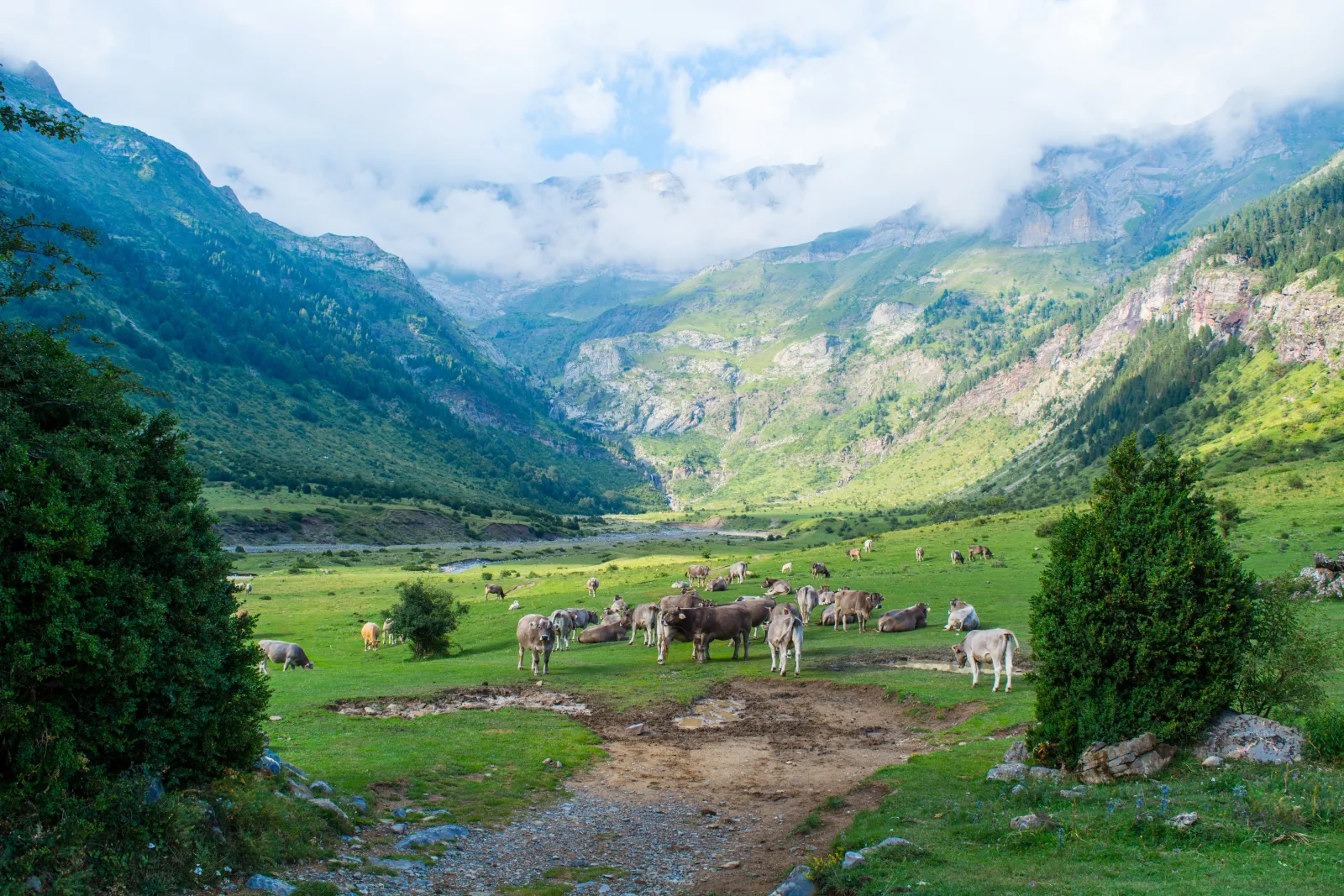
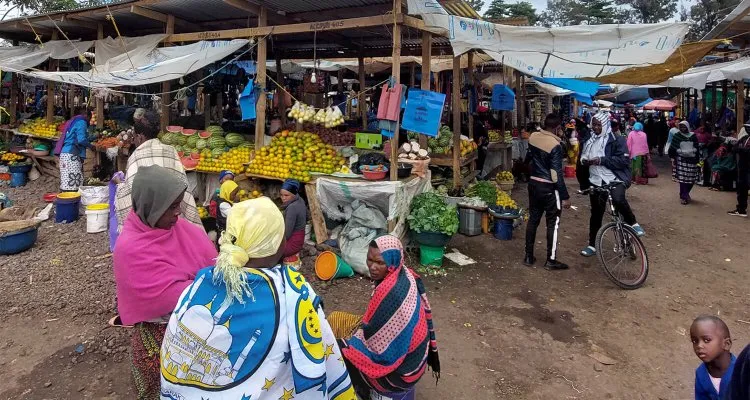
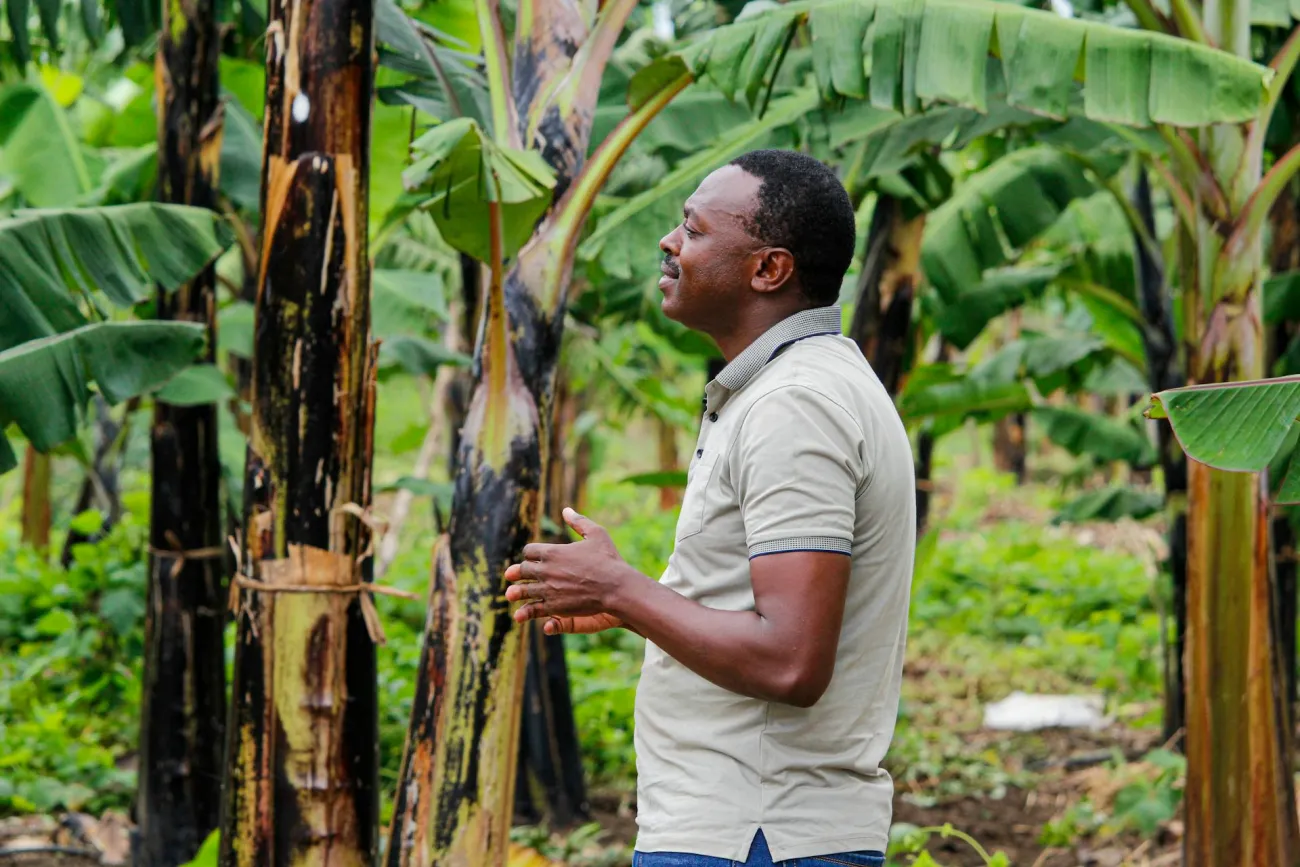

Comments (0)